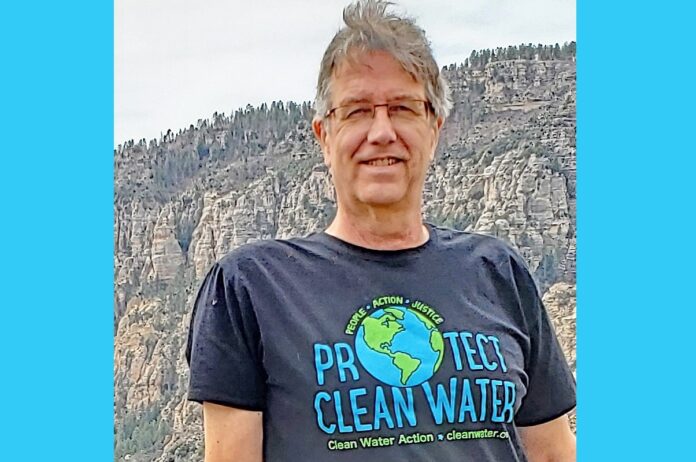Threats to the nation’s water systems are very much in the news these days. Last week, a chemical spill in Philadelphia caused city authorities to advise all residents to switch to bottled water. Earlier in 2023, a catastrophic railroad accident in East Palestine, Ohio resulted in toxic chemicals being released into local waterways. “Forever chemicals” used in thousands of consumer products regularly leach into waterways, exposing some 200 million Americans to long-lasting compounds whose eventual effect on their health is unknowable.
These and other recent incidents illustrate the fact that despite the existence of the federal Clean Water Act of 1972 and multiple state-level anti-pollution regulations, much remains to be done to protect the nation’s water systems. Laws do not enforce themselves, and lawmakers — many of whom are beholden to industry interests — are often poor environmental stewards. This is why educating and mobilizing public opinion about the importance of clean water is so important.
Jon Scott has been working to highlight the importance of clean water for 40 years. He is Director of Corporate Relations and Legacy Gifts at Clean Water Action, a nationwide, 1 million member nonprofit that canvasses, lobbies, and advocates on behalf of clean water. I wanted to catch up with Jon to discuss the history of his organization, how it’s structured, and how its grassroots-style, face-to-face organizing was impacted by COVID.
Clean Water Action and its sister organization, the Clean Water Fund, rely on donations from individuals and businesses to support their activities, and I wanted to get Jon’s take on how he manages corporate support. As he notes, the best kinds of relationships are founded on alignment between the goals of the business and the goal of the nonprofit, and clean water is an issue that naturally lends itself to such alignment. “Because all businesses need clean water for their employees, for the communities they serve, for their customers, it’s a great issue to embrace because it’s not controversial. Three quarters of the American public favors strong protections for our water: we can hardly agree on anything these days, so that’s pretty significant.”
As you may know, I’ve been active in the nonprofit world for some time (my We-Care shopping service, which let shoppers donate a percentage of their purchase to their preferred cause, was the inspiration for Amazon’s Smile), so I wanted to get Jon’s take on cause marketing generally and his organization’s particular experience with Smile. We both agree that giving consumers an option to support a cause of their choice can be very powerful, provided that the list of potential choices is curated so that it does not become overwhelming.
Jon and I discuss how recent high-profile environmental incidents have elevated clean water concerns in the public mind, and whether this elevated awareness will translate into better legislation. “We know that preventable accidents are going to happen. Train derailments will happen. Some trains carry hazardous materials; perhaps we shouldn’t be routing those trains through areas where a catastrophic accident could harm people or wreck their water. And that’s common sense. And the trick is to catch policy up to common sense. And there does tend to be a divide between what the public wants and and what politicians will do, and the solution to that is to make democracy work. Get people involved. Tell them what’s going on and how they can make a difference. And that’s not being political. That’s just civic engagement, civil society working as it’s supposed to.”
We wrap our interview with Jon’s tips for other nonprofits relying on grassroots activities for support. “I would say overcome your fear, get out there and knock on doors, whether physical or metaphorical, and you might be surprised by what you find, because most people have more that we can agree on than we can disagree on, once you brush aside the political sloganeering and the sort of tainted discourse we find ourselves in right now.”


